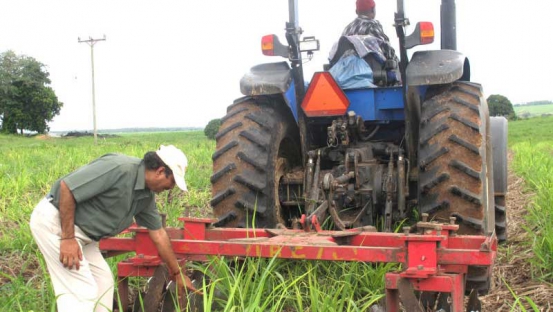×
The Standard e-Paper
Join Thousands Daily

One of Kenya’s newest sugar companies is banking on irrigation to increase production in readiness for the retail market.
Kwale International Sugar Company Limited (Kiscol) also plans to take advantage of the fact that sugarcane at the Coast takes a shorter time to mature compared to other growing zones in Western.